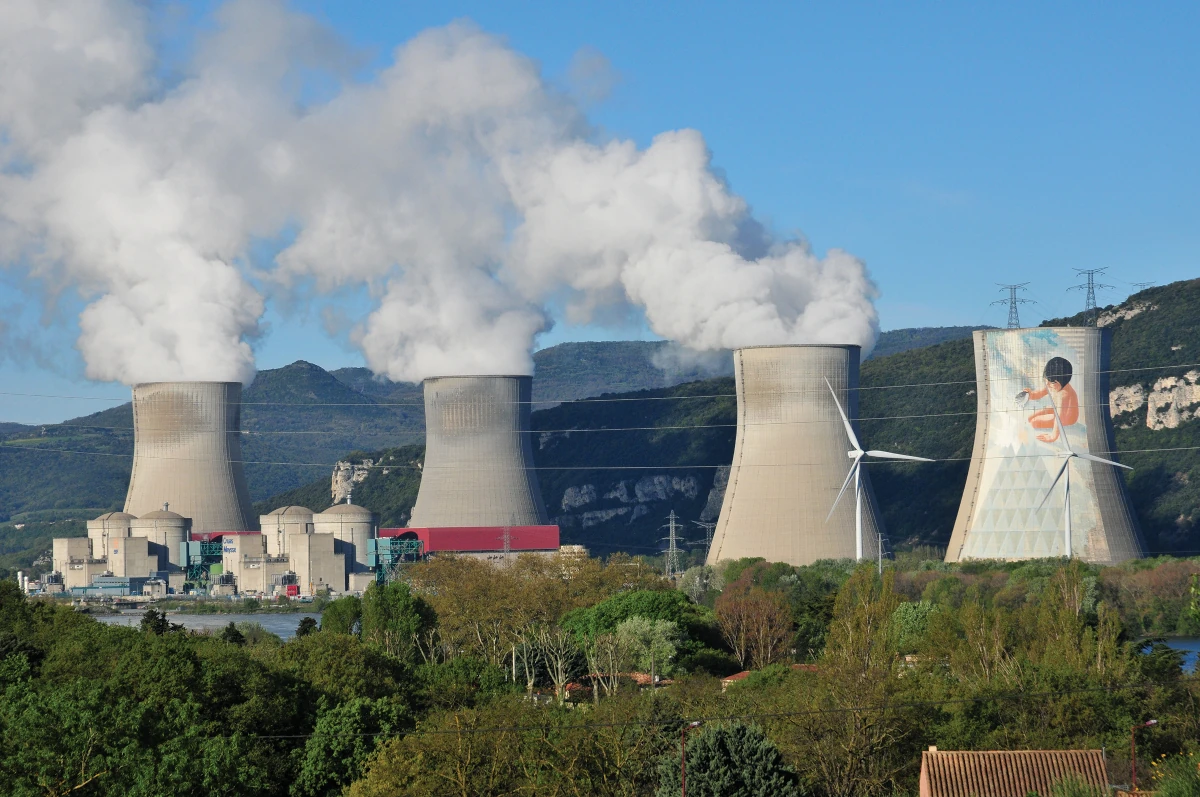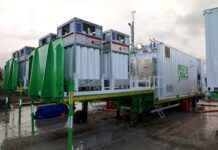
The UK is on track to import a record amount of electricity in 2024, smashing the previous record from 2021 by 50%. According to Nuclear Industry Association analysis of National Grid Electricity System Operator (ESO) data, net electricity imports to Great Britain totalled a record 9 TWh in the first quarter of 2024, and 14.95 TWh from January through the end of May.
Net imports have accounted for 15% of GB power, enough for 10.8 million homes. This puts Great Britain on track to import nearly 36 TWh over the whole year, 46% higher than the previous record of 24.6 TWh set in 2021. This would be higher than the planned output of Hinkley Point C nuclear power station (25 TWh) and more than the previously planned Wylfa Newydd power station on Anglesey (22 TWh).
National Grid operates six interconnectors with nuclear from France the leading source of imported electricity to the UK. Net electricity imports from France to the UK totalled 12.7 TWh last year according to government data, with nuclear making up the bulk of that power. France’s grid is made up of around 70% nuclear. Norway is the second largest exporter of power to the UK, mainly from hydro.
Interconnectors send power to countries with higher prices, such as the UK during the summer months, which leads to more interconnector imports. In its 2024 Summer Outlook, National Grid ESO said interconnectors have “higher clearing prices for imports than exports” and that “the higher price in Great Britain means imports are more likely to occur over the summer period.”
Already this summer, import levels have been at record highs with June seeing the highest ever proportion of imported electricity at 19%, according to ESO data.
Tom Greatrex, Chief Executive of the Nuclear Industry Association, said:
“Other countries get the jobs, and we get the bill because we have not invested enough in our own nuclear power and other sovereign power sources. That underinvestment leaves us with structurally higher prices than our neighbours, and they are making money off our mistakes.
“The next Government’s drive to net zero means we must start turning that around by approving a raft of new nuclear power stations alongside major renewable investment, so we get the jobs and the energy security for our future.”







